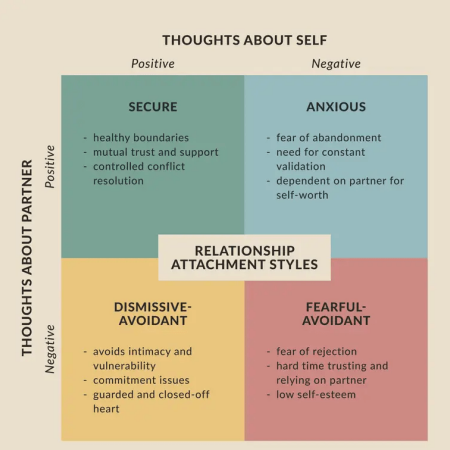Psychology in Health and Social Care
Psychology in Health and Social Care
Psychology is the scientific study of the human mind taking into account all of the functions of the human brain. Psychological studies give context to and help us understand human behaviour. For example, psychologists can study and understand different mental health conditions such as obsessive-compulsive disorder, depression and anxiety.
What does the course cover?
- Explanation's of what different role of psychologist there are within the health and social care.
- In depth information of the different psychological theories and how they are used.
- How psychological theories influence health and social care.

Training Outcomes
- Learn about what psychology is.
- Undertsand the different variations of psychologist.
- To understand what the nature vs nurture debate is all about.

Modules
- What is psychology?
- What is the role of psychology in health and social care?
- What are the three main types of psychologist?
- What is the nature vs nurture debate?
- What are the five psychological theories?
- How do psychological theories influence health and social care?
- What psychological theories can be used to manage PTSD?
- What psychological theories can be used to manage phobias?
Test & Certification
At the end of the Psychology in Health and Social Care training, you will be given a multiple-choice test. The required pass rate is 80%. You will be able to download and print a digital certificate on completion of the course. This certificate is valid for three years.
Duration
The Psychology in Health and Social Care training will take approximately 20 minutes to complete, excluding the final exam.
Complete your training from wherever you like, whether at home or in the workplace. Once signed up, you’ll have 24/7 access to the course.
Create your ETD Training account.











